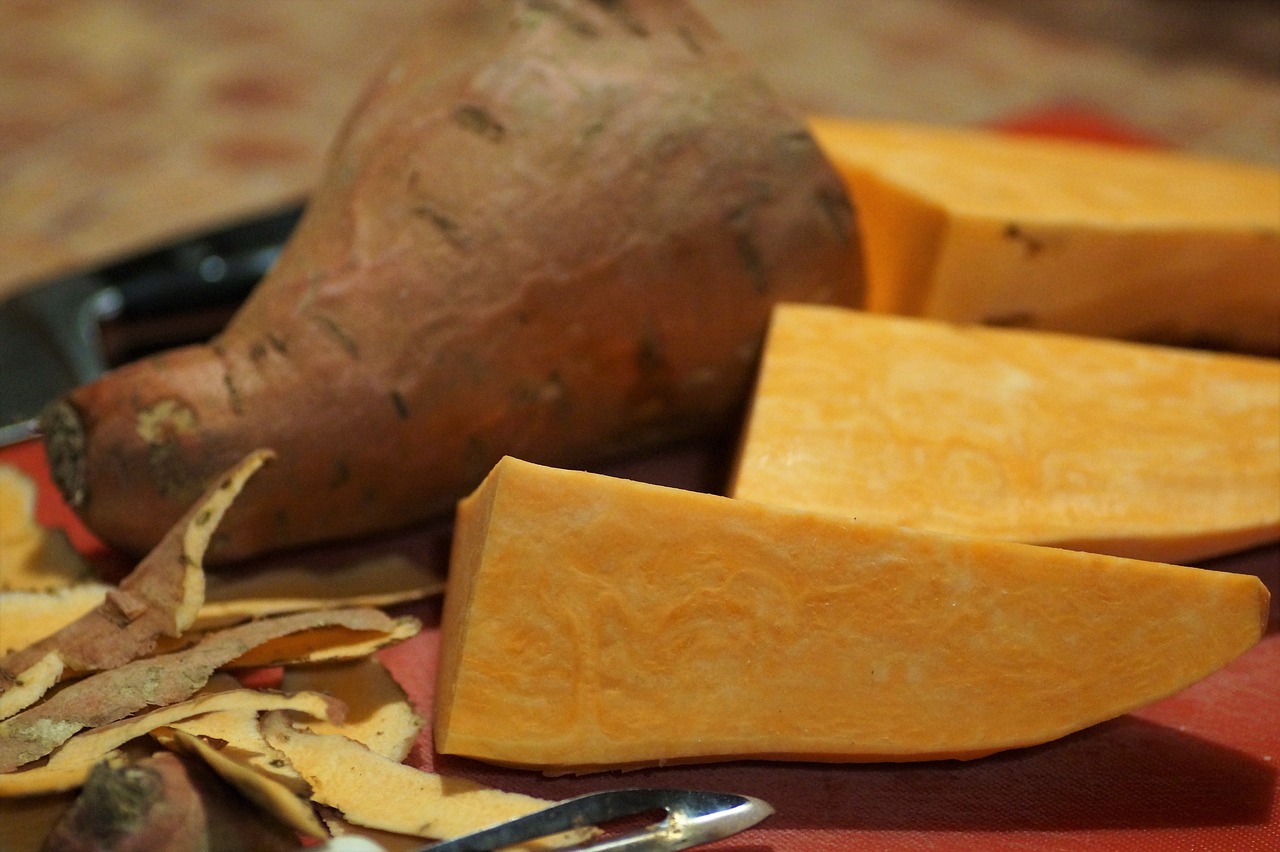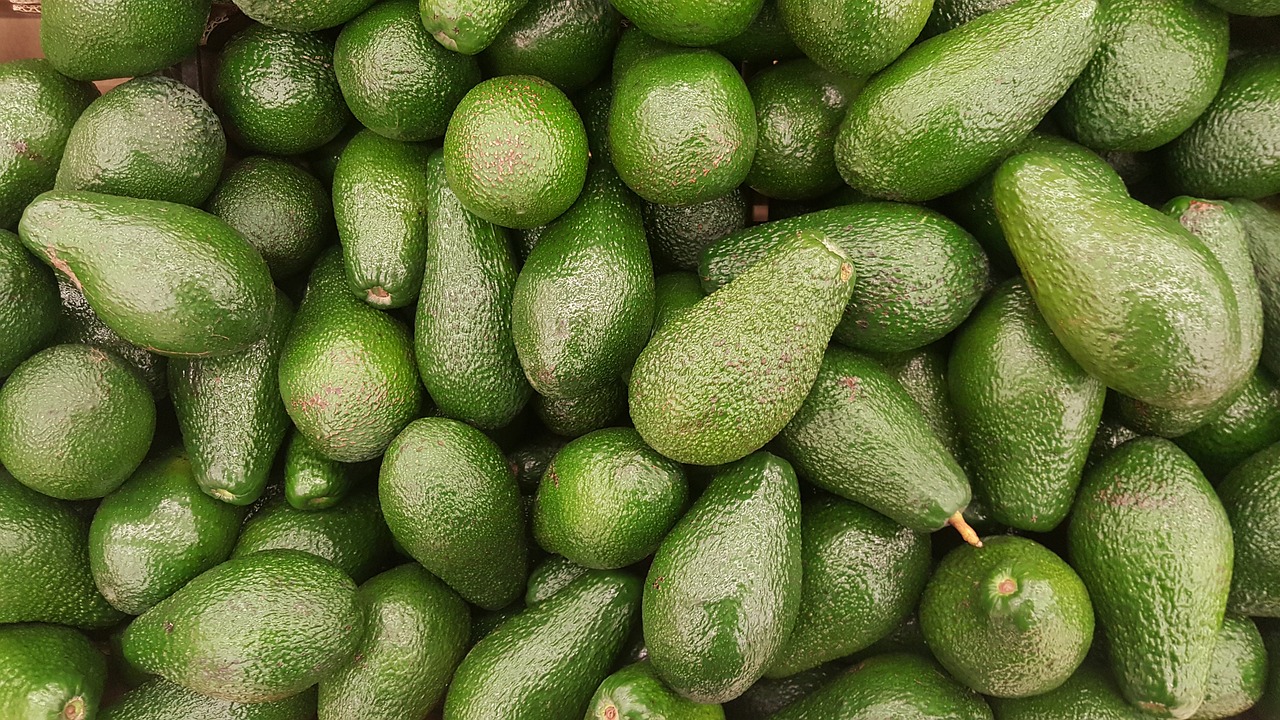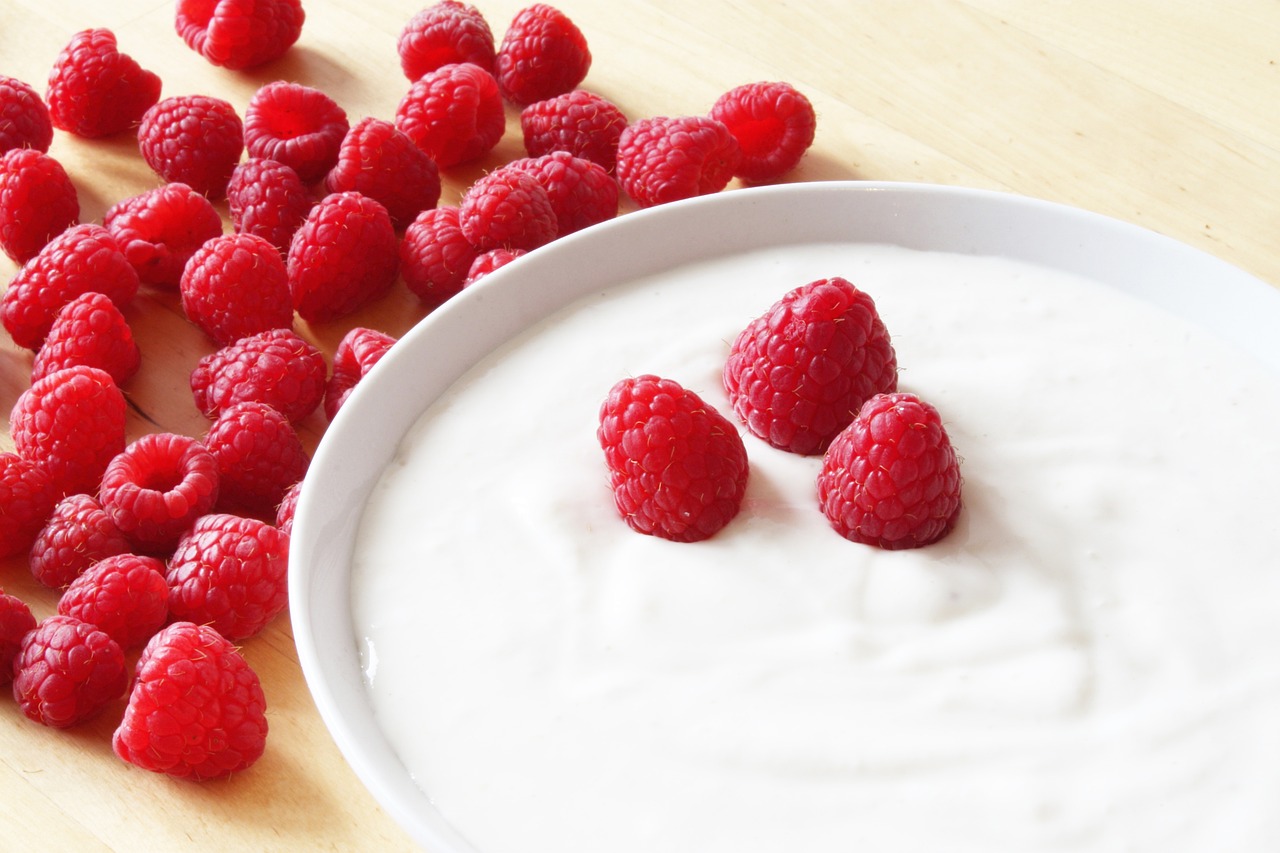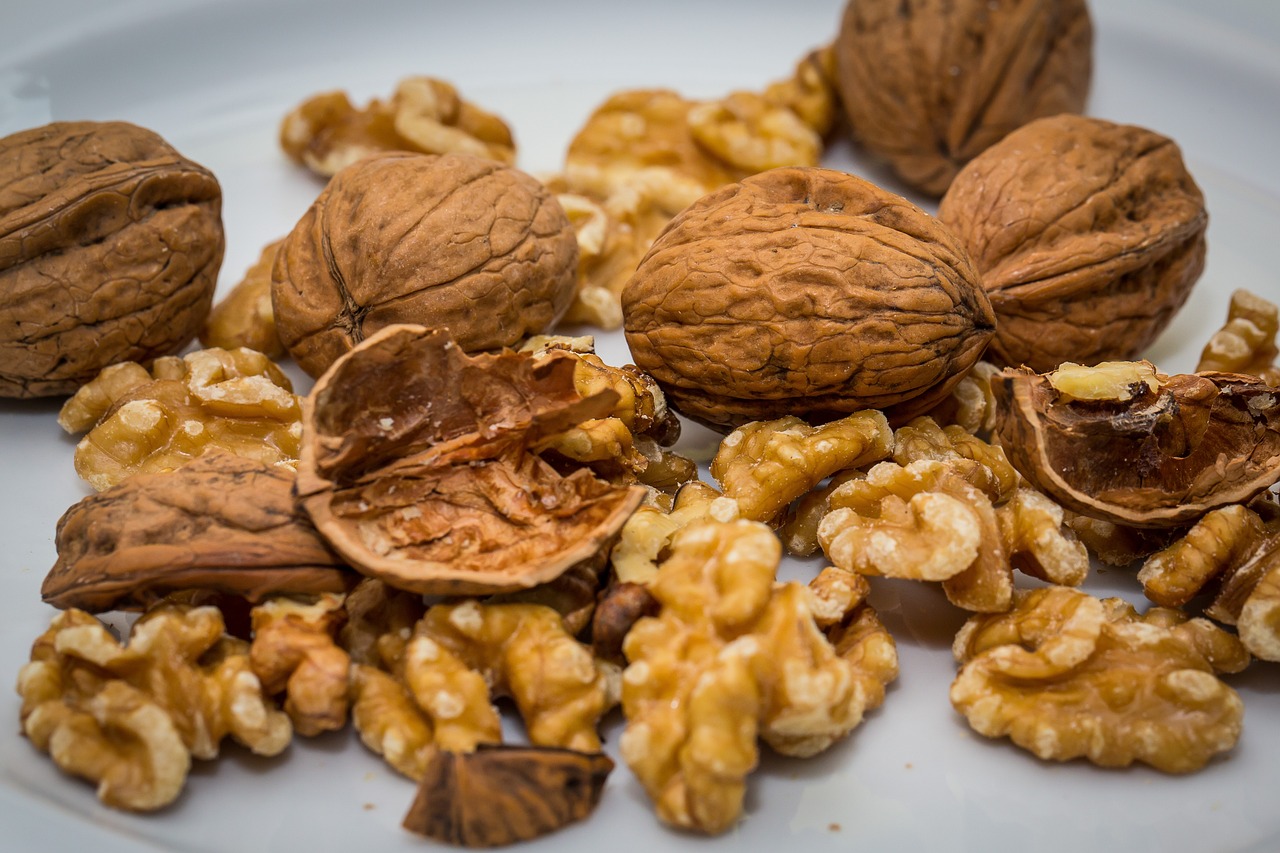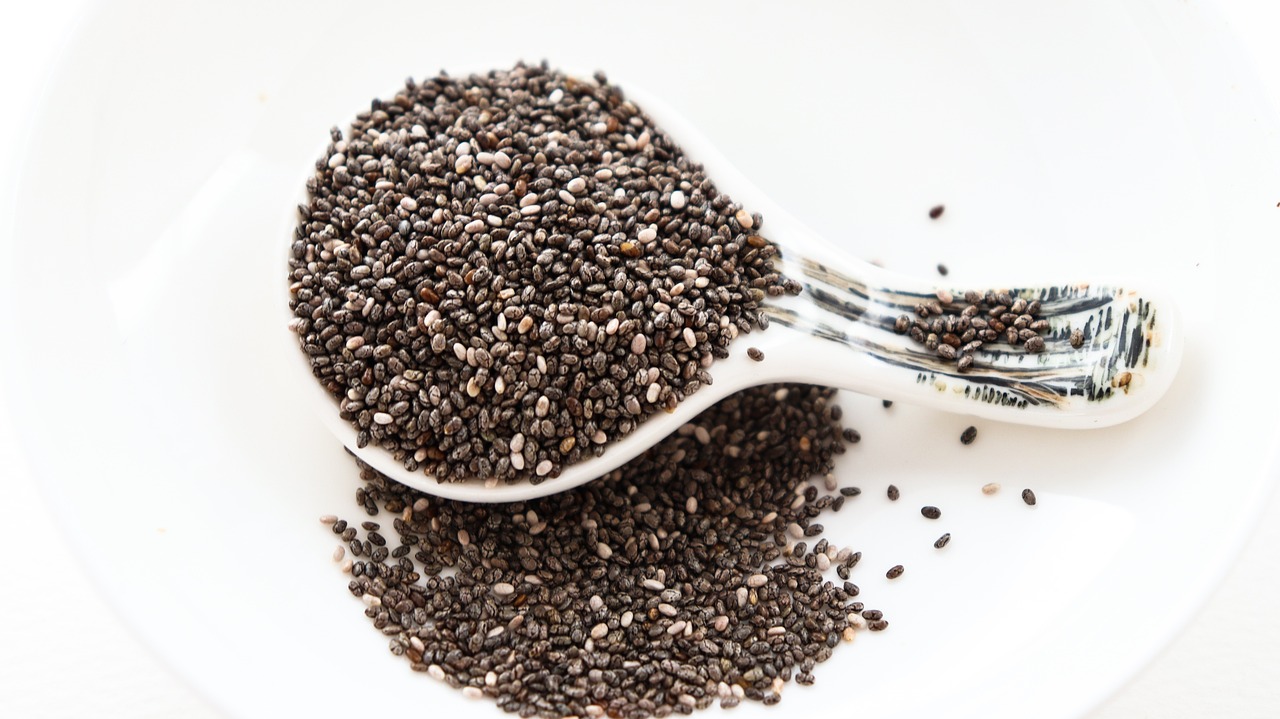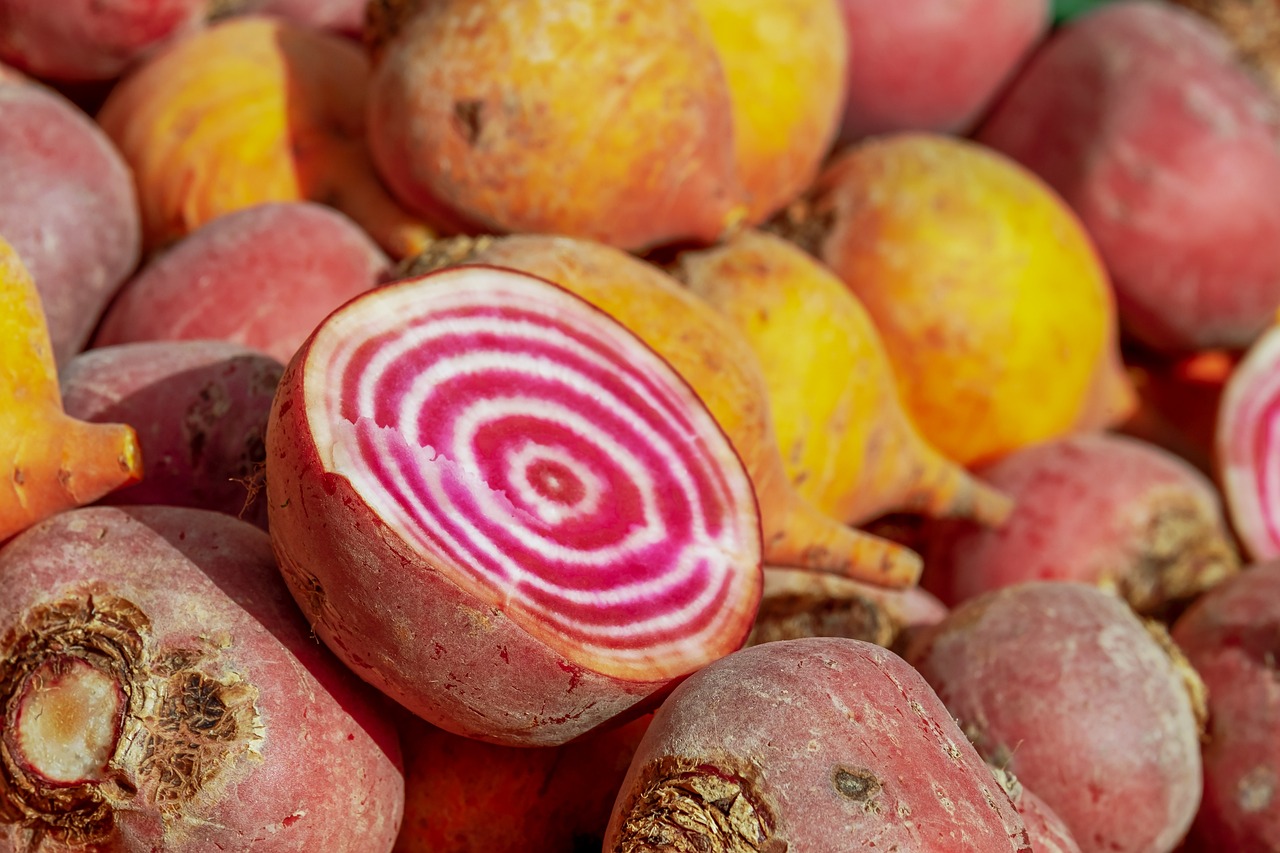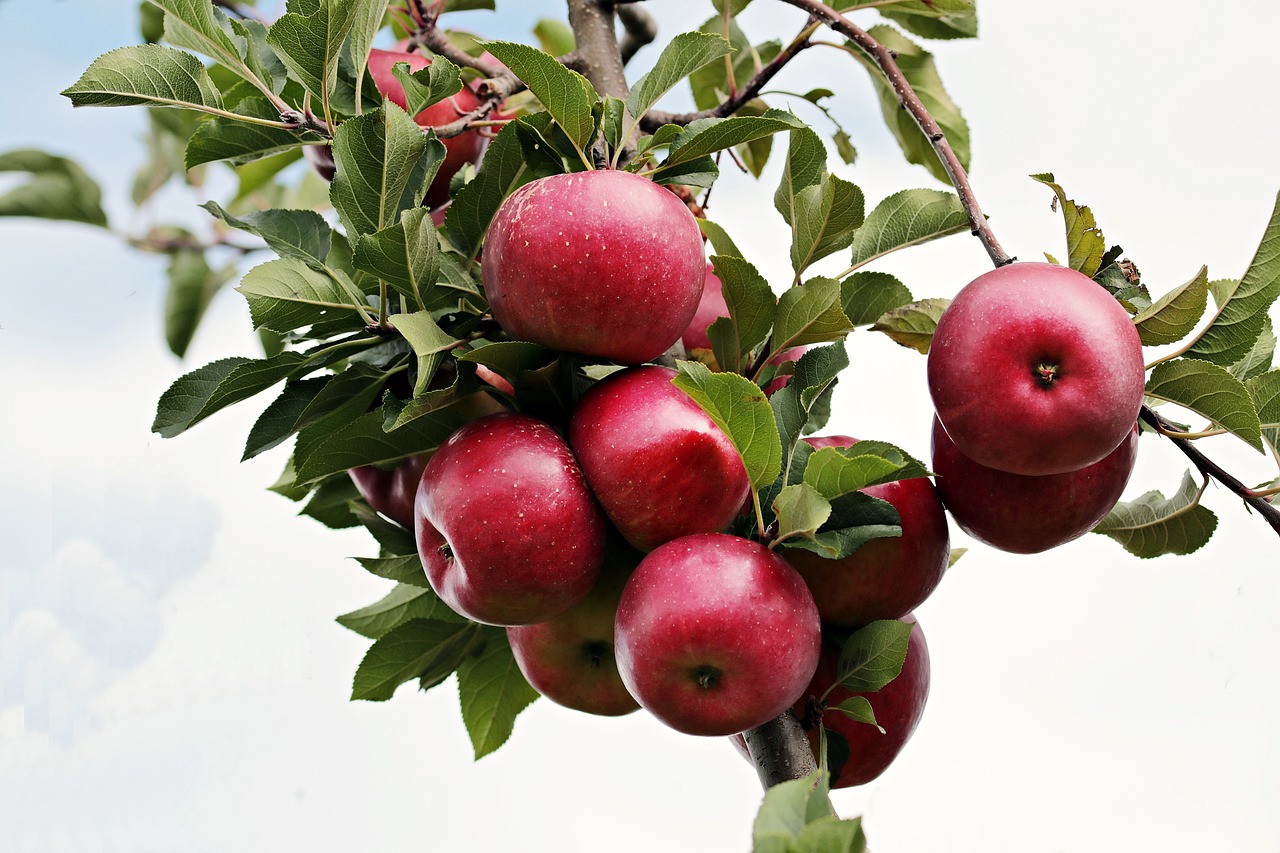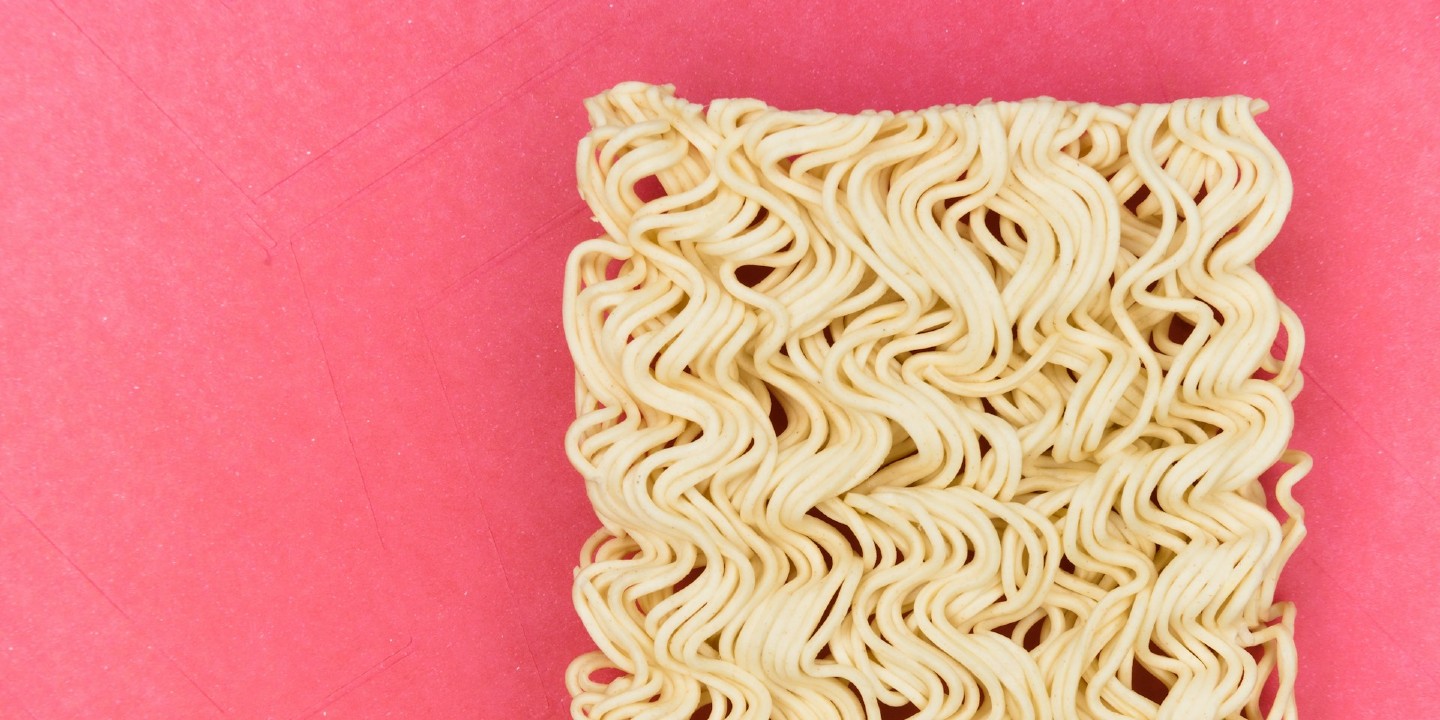With a plethora of dietary advice available, it can be challenging to determine what’s genuinely beneficial for your health and what's just a fad on the internet. If you're looking to get yourself on track to better health, we’ve rounded up a list of the top 20 foods renowned for their impressive nutritional facts and health benefits.
1. Blueberries
Blueberries are packed with antioxidants. Because of their antioxidant value, they can help combat aging and potentially reduce the risk of certain chronic diseases. Their high fibre content aids in digestion and helps maintain blood sugar levels. You can incorporate blueberries into your diet by adding them to smoothies, oatmeal, or yogurt in the mornings.
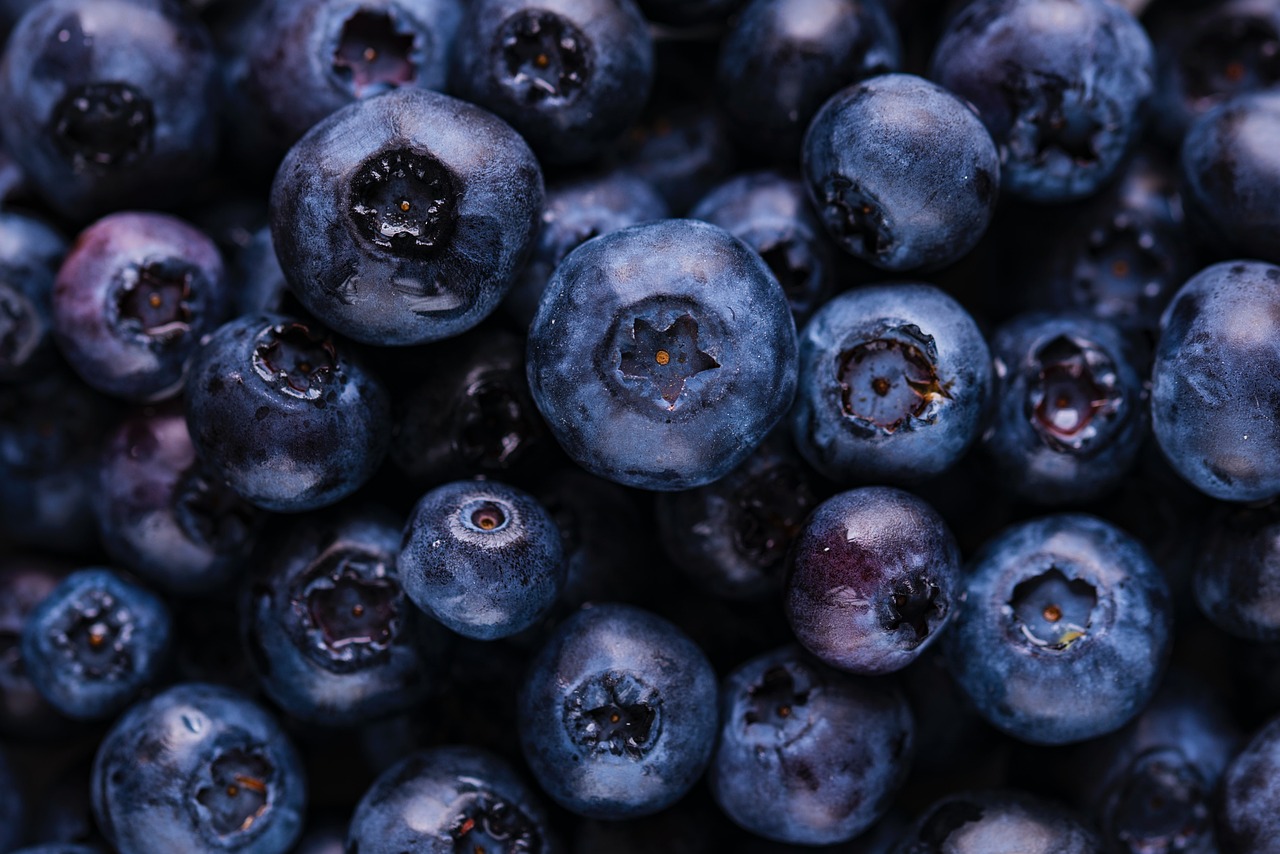 Image by borislagosbarrera from Pixabay
Image by borislagosbarrera from Pixabay
2. Spinach
Spinach is extremely high in vitamins and minerals, especially vitamin K. It's one of the most nutrient-dense greens out there. It's also a great source of iron, which is crucial for many different bodily functions. Plus, its versatility makes it easy to add to smoothies, salads, or as a cooked side dish.
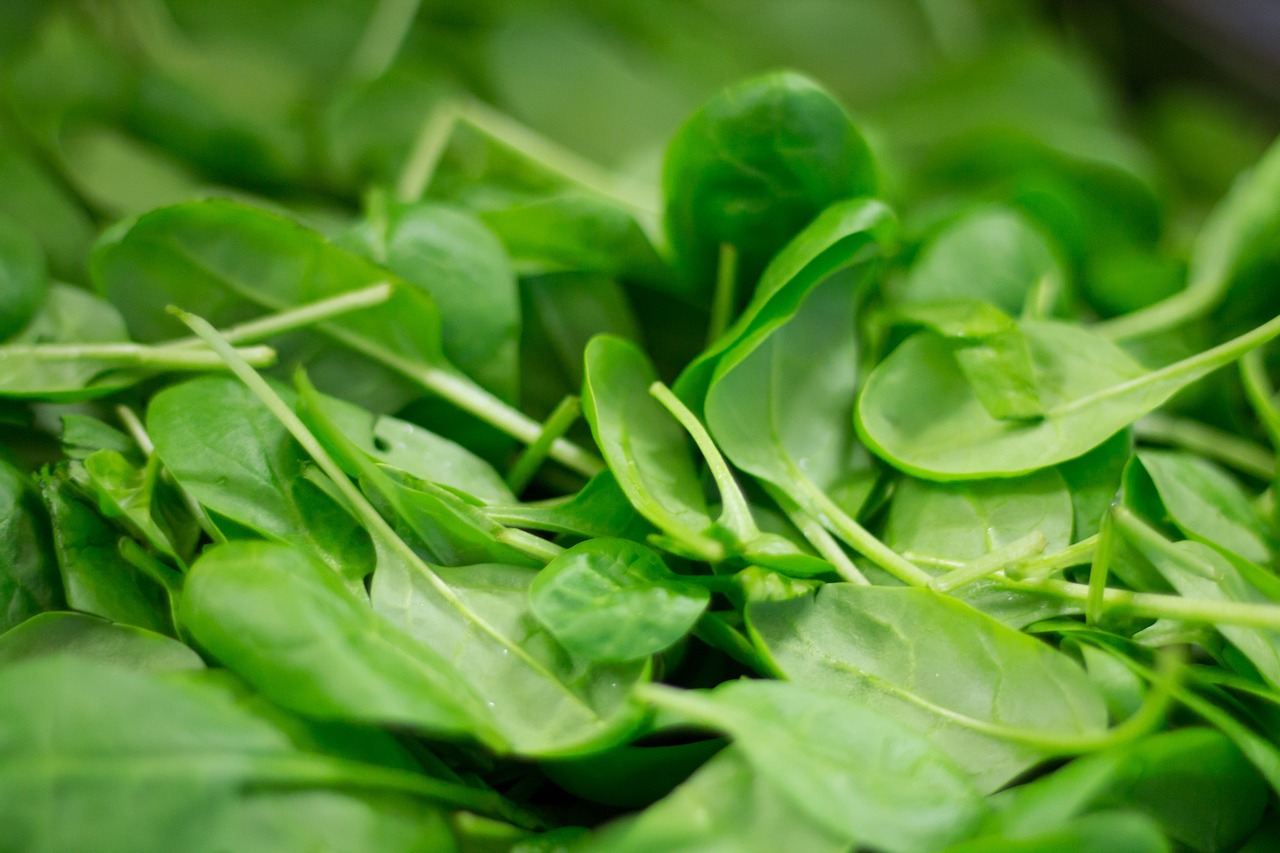 Image by Thilo Becker from Pixabay
Image by Thilo Becker from Pixabay
3. Almonds
Almonds are highly nutritious nuts that can give you a pretty decent dose of fibre, protein, and healthy fats. They can help lower bad cholesterol levels and are packed with vitamin E, which is essential for skin health. A handful of almonds in the morning can even help sustain your hunger levels.
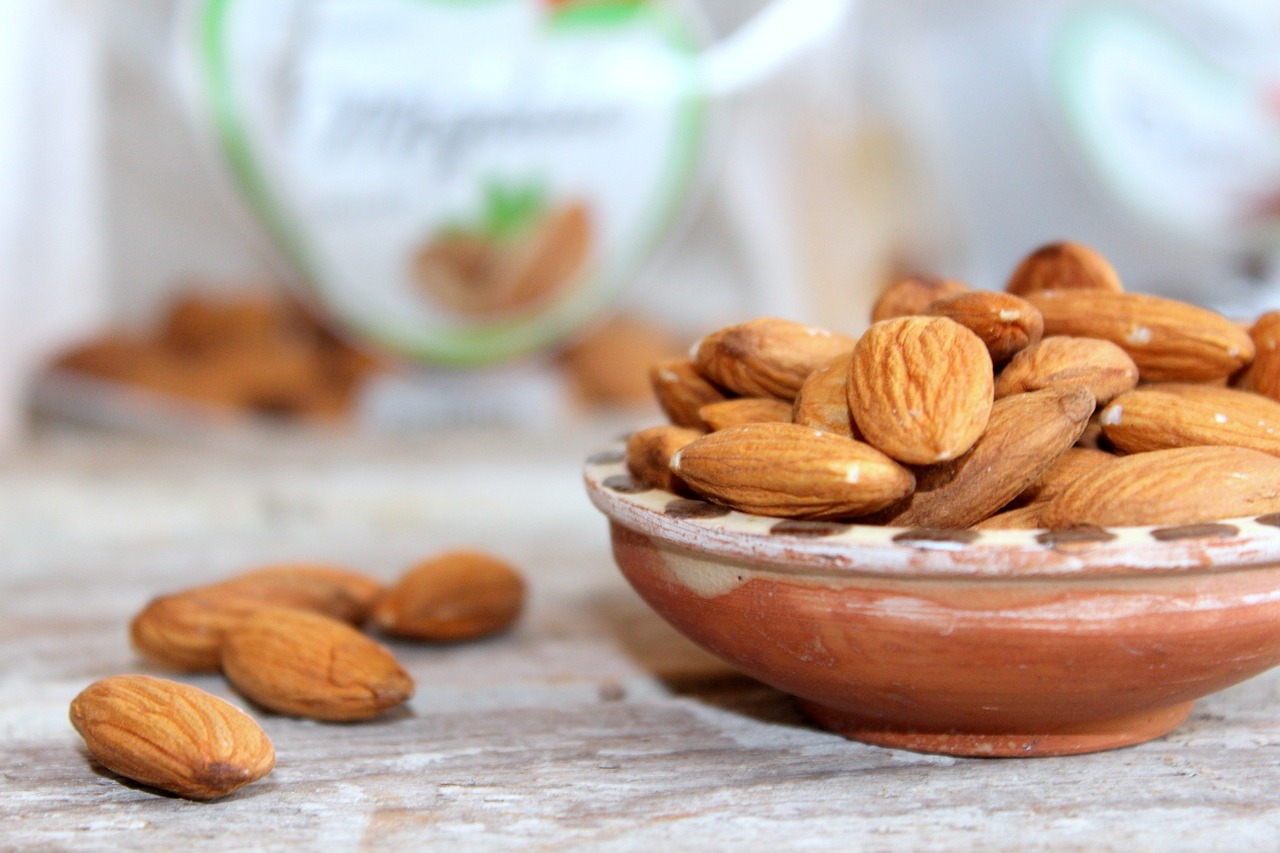 Image by Oana Durican from Pixabay
Image by Oana Durican from Pixabay
4. Sweet Potatoes
Sweet potatoes are a complex carbohydrate, meaning they help manage blood sugar levels and provide sustained energy because the body takes longer to break it down, keeping you feeling full longer. Sweet potatoes are incredibly versatile, perfect for baking, roasting, or even making into desserts.
5. Salmon
Salmon is a fatty fish loaded with omega-3 fatty acids, which are crucial for brain health and reducing inflammation. Eating salmon regularly can help lower your cholesterol levels, which in turn, can help improve or sustain cardiovascular health. Plus, its totally versatile in cooking because you can grill or bake it.
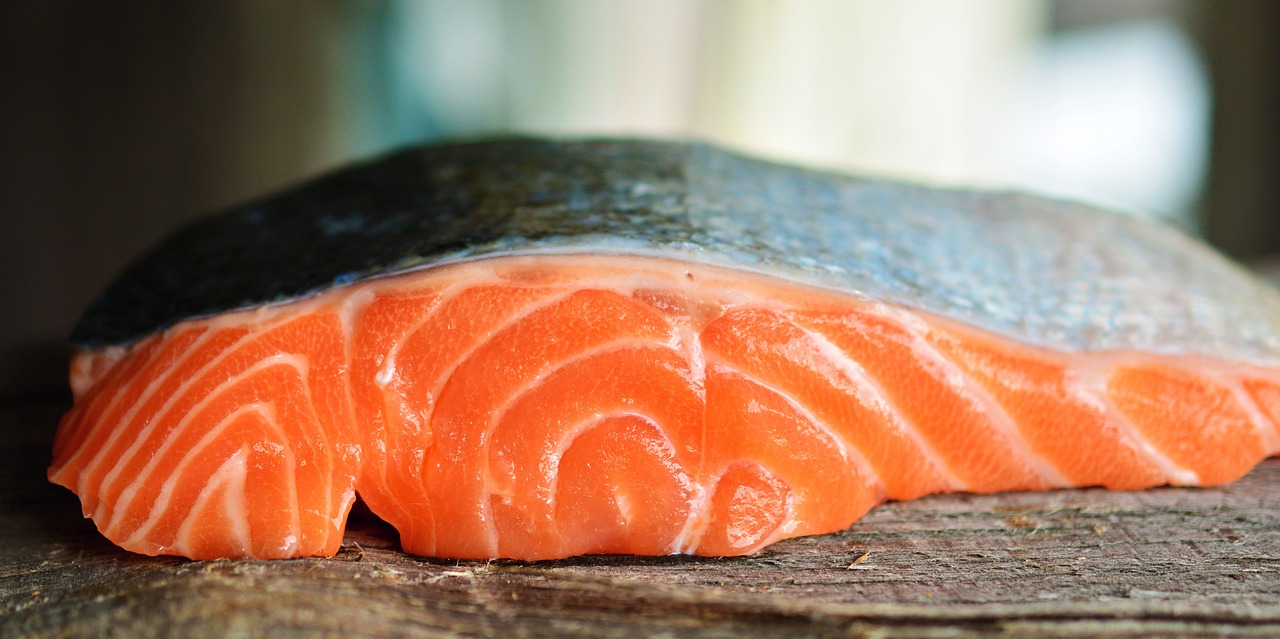 Image by congerdesign from Pixabay
Image by congerdesign from Pixabay
6. Avocados
Who said fat is bad for you? Sometimes, it's exactly what your body needs! Avocados are full of healthy fats, which can help control bad cholesterol levels. Their creamy texture means you can do so much with them and it makes them a perfect addition to sandwiches or salads, or even as a base for sauces if you're feeling adventurous.
7. Oats
Oats are a fantastic source of fibre, particularly beta-glucan, which boosts heart health. Rich in antioxidants, oats can help reduce blood pressure and provide long-lasting energy. They're perfect for breakfast as oatmeal, or you can use them in baking as a healthier alternative to flour.
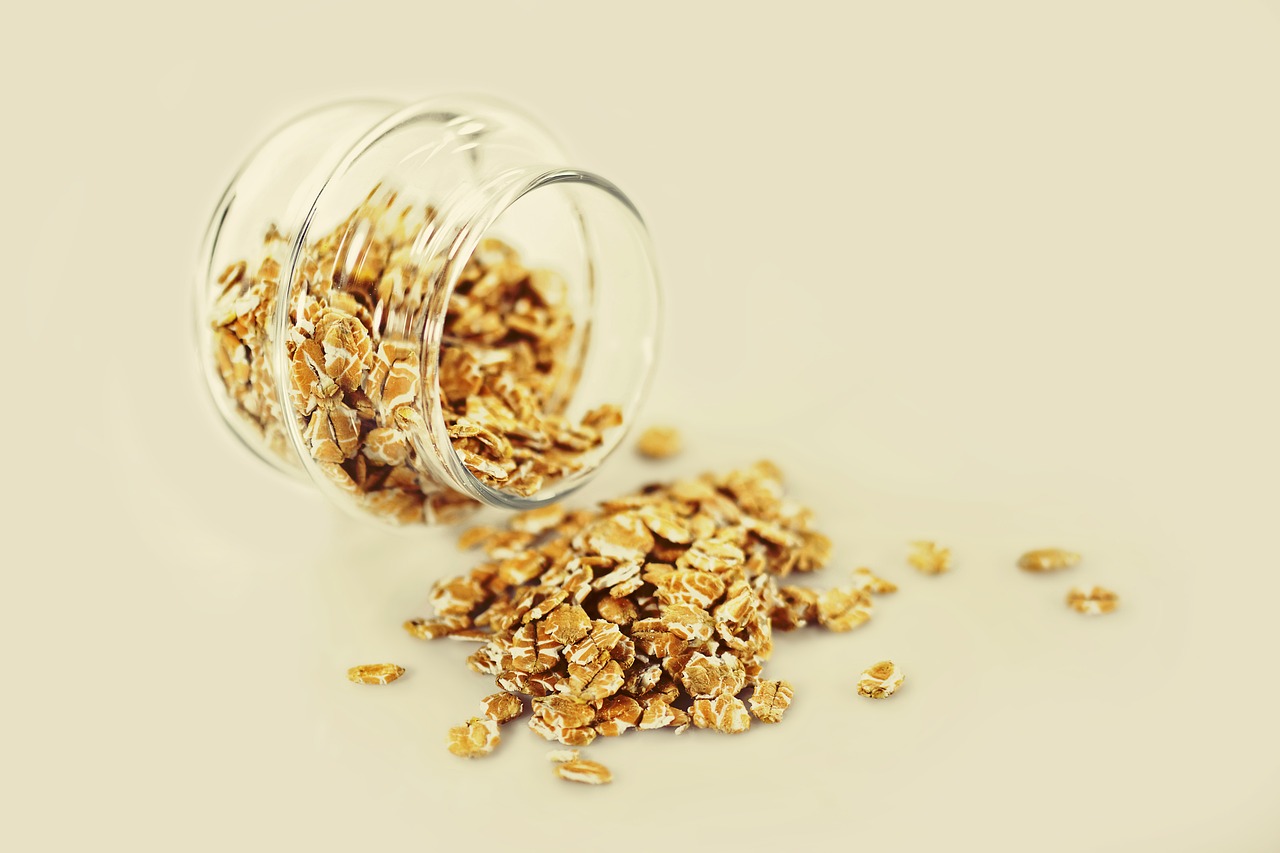 Image by Angelica Vaihel from Pixabay
Image by Angelica Vaihel from Pixabay
8. Garlic
Garlic not only adds flavour to dishes but also contains a number of holistic medicinal properties. It is known for its effects on immune health and its ability to fight common colds. Garlic is also known to help reduce blood pressure and improve cholesterol levels, which may lower the risk of heart disease.
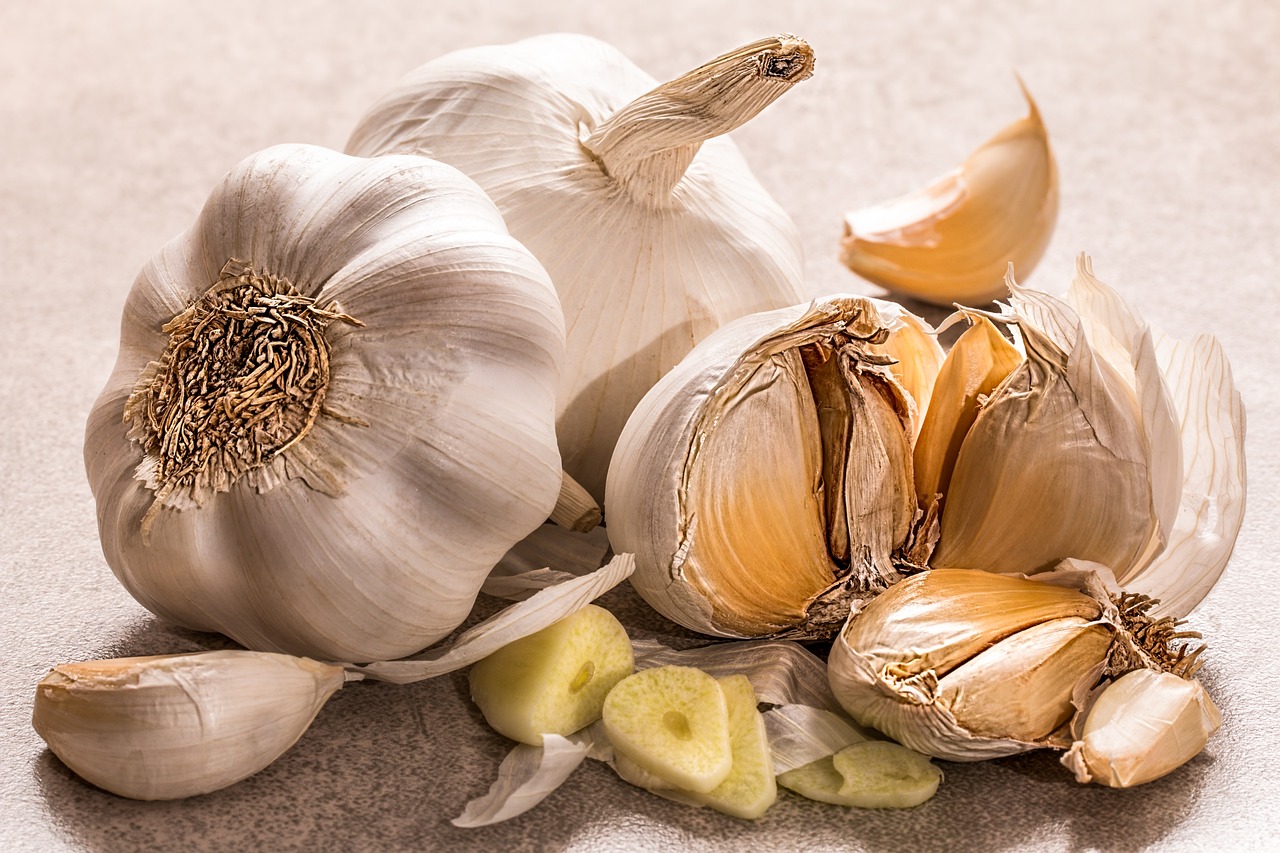 Image by Steve Buissinne from Pixabay
Image by Steve Buissinne from Pixabay
9. Greek Yogurt
Greek yogurt is thicker and creamier than regular yogurt, and it's packed with protein and probiotics. These probiotics are essential for healthy digestion and maintaining a balanced gut. Greek yogurt can be eaten on its own, mixed with fruits and nuts, or put in smoothies for some added protein.
10. Quinoa
Quinoa is gluten-free and extremely high in protein, that just so happens to also contain all nine essential amino acids. It’s high in fibre and B-vitamins, promoting good digestion and energy. Quinoa is particularly beneficial for blood sugar control due to its low glycemic index. Its mild flavor and grainy texture make it a great rice substitute in any dish.
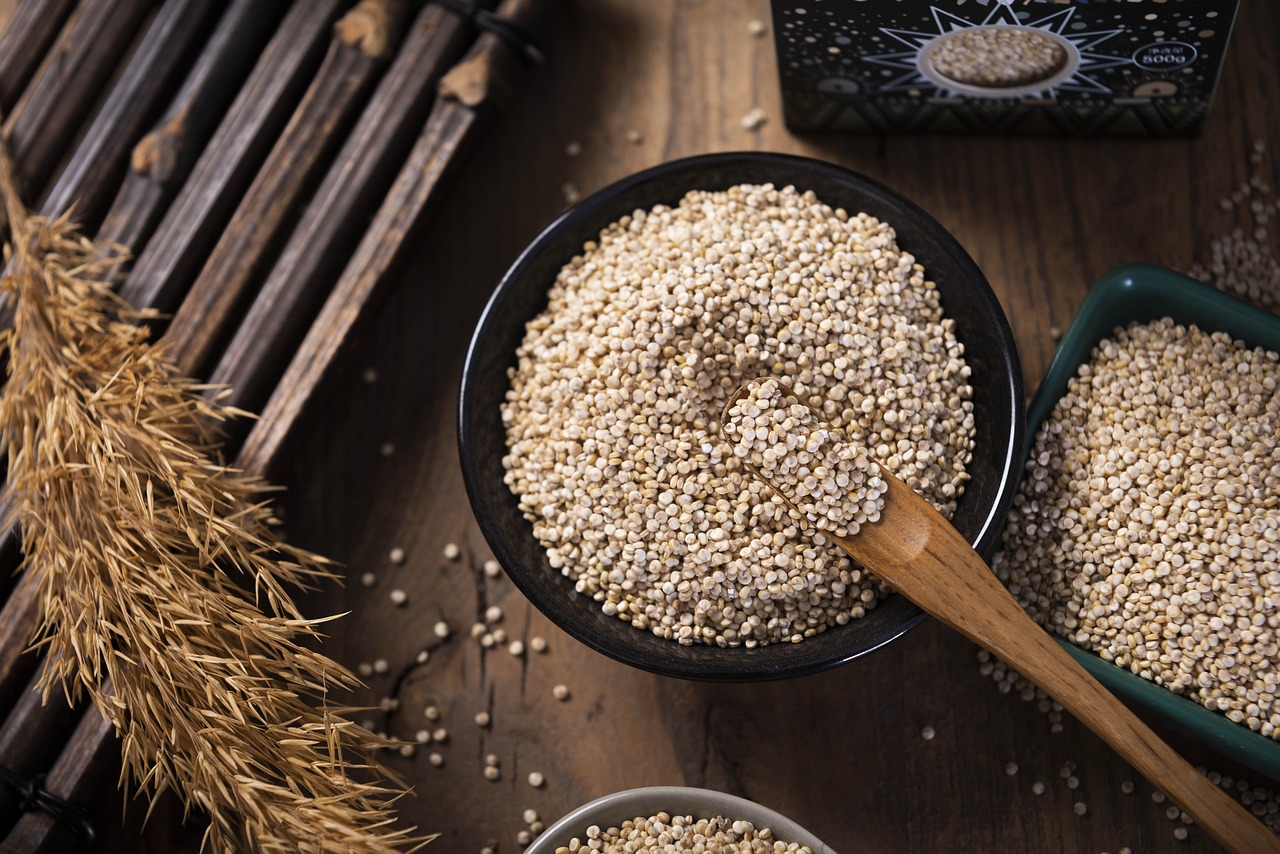 Image by we-o_rd35ghczdq1090c5m from Pixabay
Image by we-o_rd35ghczdq1090c5m from Pixabay
11. Walnuts
Regular consumption of walnuts can help promote brain health because of the antioxidents they contain. They also contain antioxidants that can help fight inflammation. They're easy to snack on or add to salads and desserts for a nutritious boost.
12. Broccoli
Broccoli is a cruciferous vegetable that's packed with vitamins C and K, fibre, and--you guessed it--antioxidents. It has been shown to help lower blood sugar and support heart health. Broccoli is delicious steamed, stir-fried, roasted with a sprinkle of seasoning, or even raw and as an addition to your veggie platter with hummus.
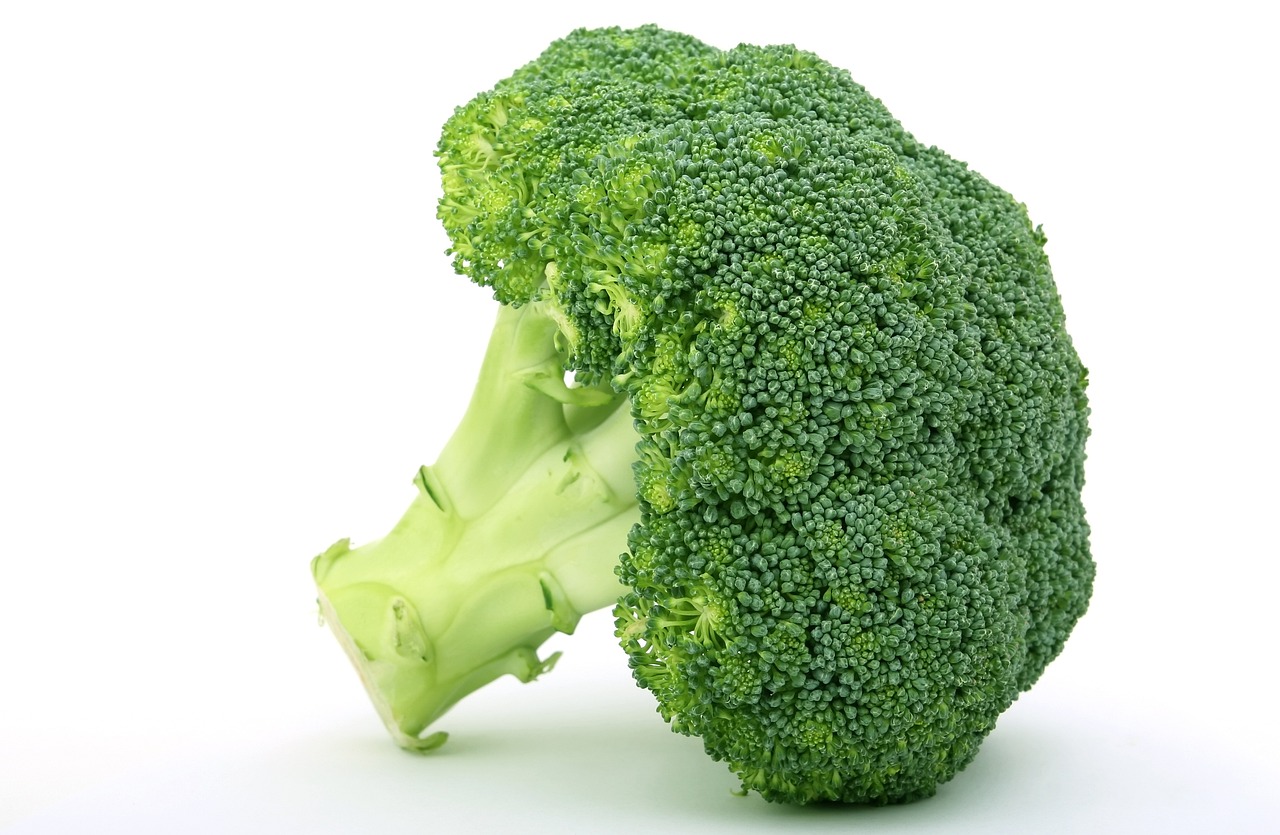 Image by Robert Owen-Wahl from Pixabay
Image by Robert Owen-Wahl from Pixabay
13. Eggs
Eggs are incredibly nutritious and versatile, offering high-quality protein and essential nutrients while still being extremely easy to add to your diet. Despite common concerns about their high cholesterol content, eggs are now considered a crucial part of a balanced diet. They're perfect for using in all meals from breakfast to dinner.
 Image by Erika Varga from Pixabay
Image by Erika Varga from Pixabay
14. Chia Seeds
Chia seeds are extremely nutritionally dense, known for their high omega-3 fatty acid content. They're also loaded with fibre and protein, making them perfect for adding a subtle boost to certain recipes. Chia seeds can absorb many times their weight in water, which can help you feel full for longer. They're easy to sprinkle over yogurt, smoothies, or mixed into baked goods.
15. Beets
Beets are good for your blood and immune system. Their high nitrate content has been shown to improve blood flow and lower blood pressure, which can help support heart health. They can be roasted, juiced, or sliced into salads for a colourful addition and nutrition boost.
16. Turmeric
Turmeric is known for its anti-inflammatory and antioxidant properties. Turmeric adds a warm, earthy flavour to dishes and can be incorporated into teas and smoothies for a health boost.
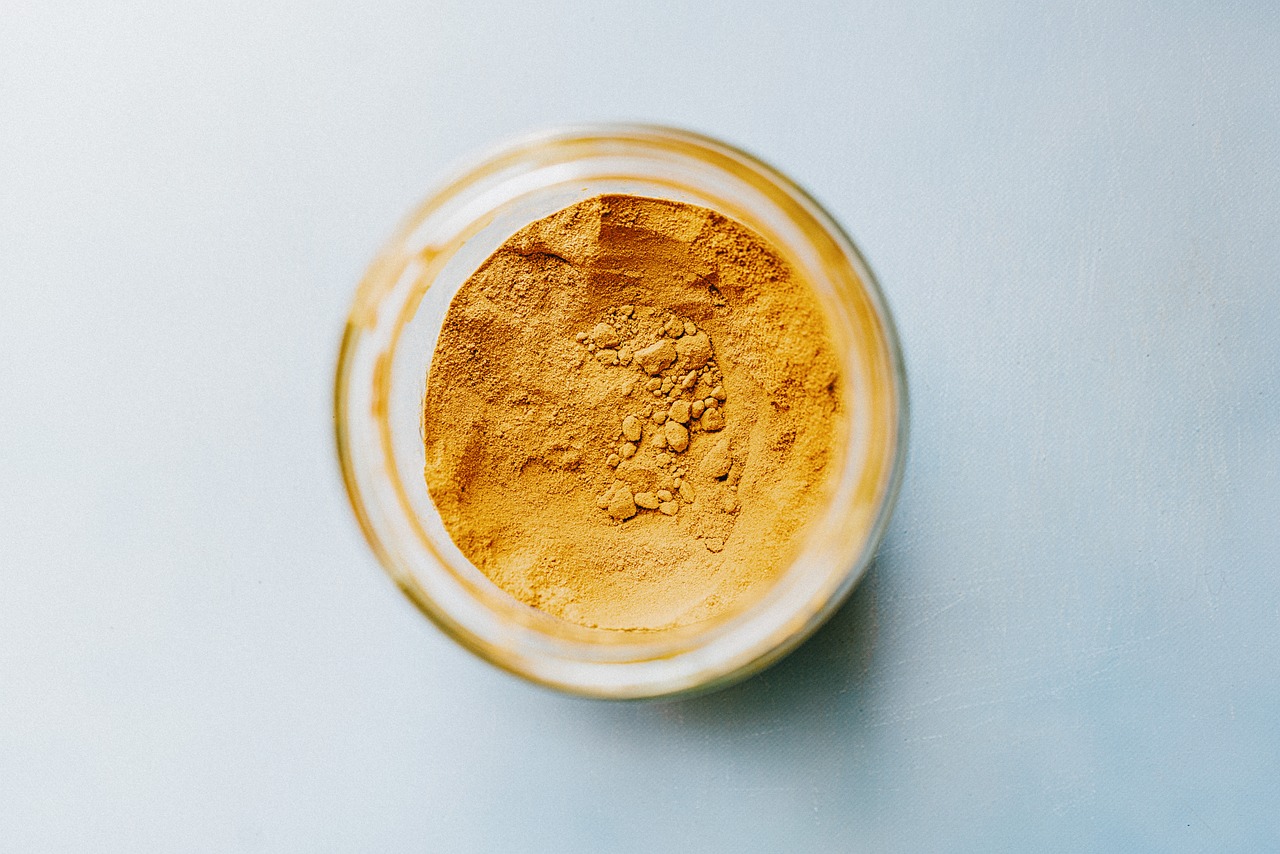 Image by Antonio Cansino from Pixabay
Image by Antonio Cansino from Pixabay
17. Lentils
Lentils are a great source of plant-based protein and fibre, making them an excellent choice for vegetarians and meat-eaters alike. They're also extremely rich in iron and folate, supporting overall health and energy levels. They're extremely versatile in soups, stews, salads, and more.
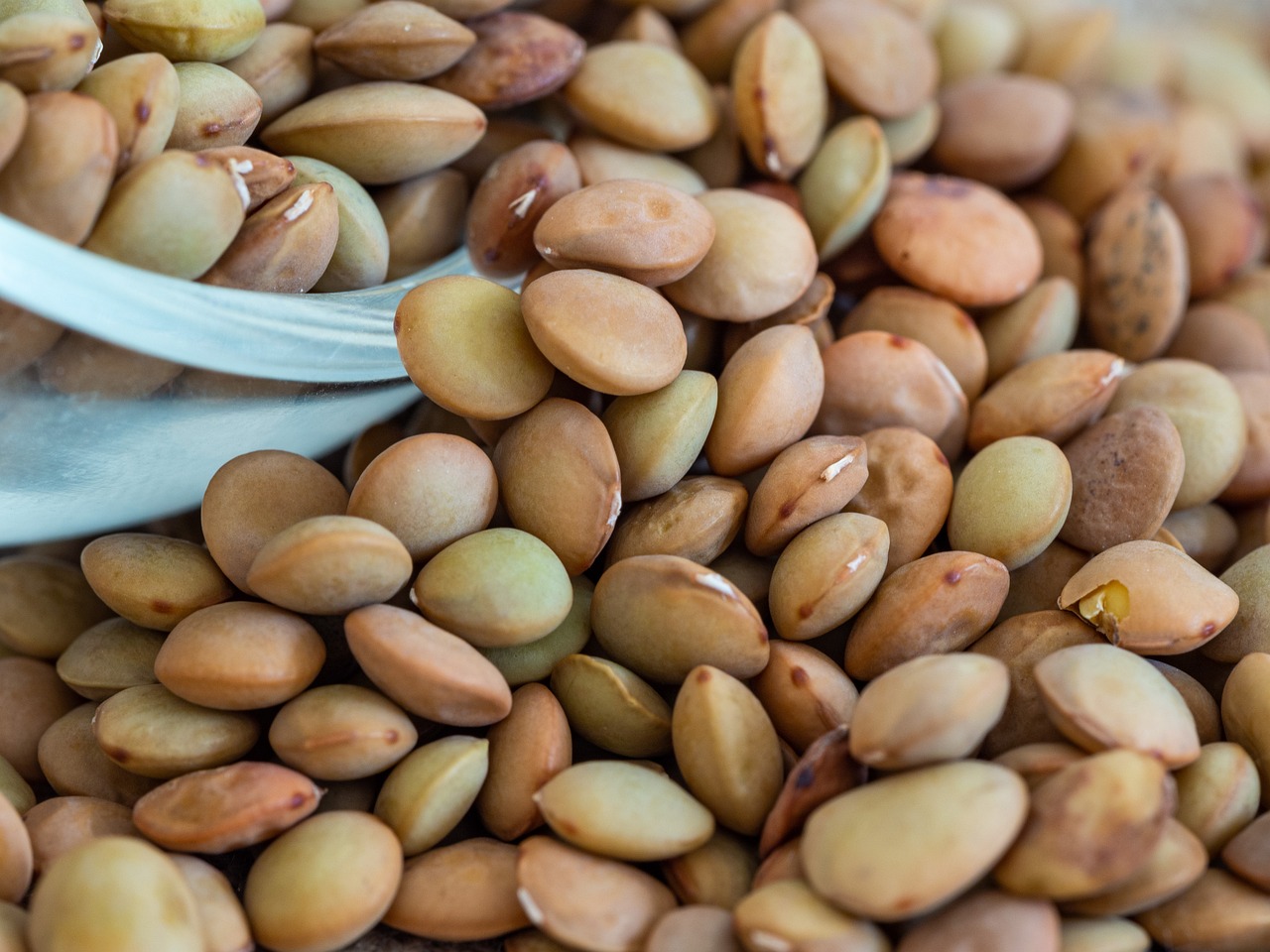 Image by Martin Hetto from Pixabay
Image by Martin Hetto from Pixabay
18. Ginger
Ginger is renowned for its ability to treat nausea and settle the stomach. That's why your mom would always bring you a ginger-ale when you were sick! It has powerful anti-inflammatory and antioxidant effects that may help reduce muscle pain and soreness. It can be consumed fresh, powdered, or as an oil or juice.
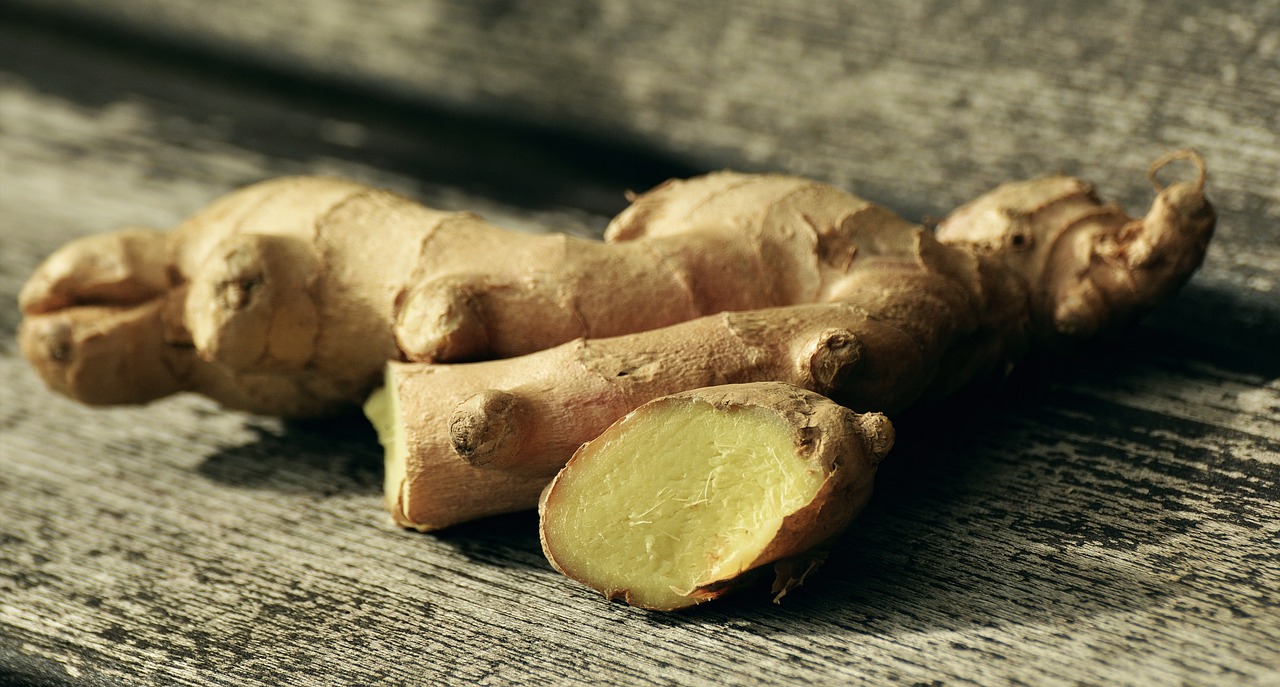 Image by congerdesign from Pixabay
Image by congerdesign from Pixabay
19. Pumpkin Seeds
Pumpkin seeds contain a number of health benefits, but they're known for having antioxidants that reduce inflammation. Like most nuts and seeds, they contain a good amount of healthy fats and fibre as well. They're an excellent snack on their own or tossed into a salad for extra crunch and nutrients.
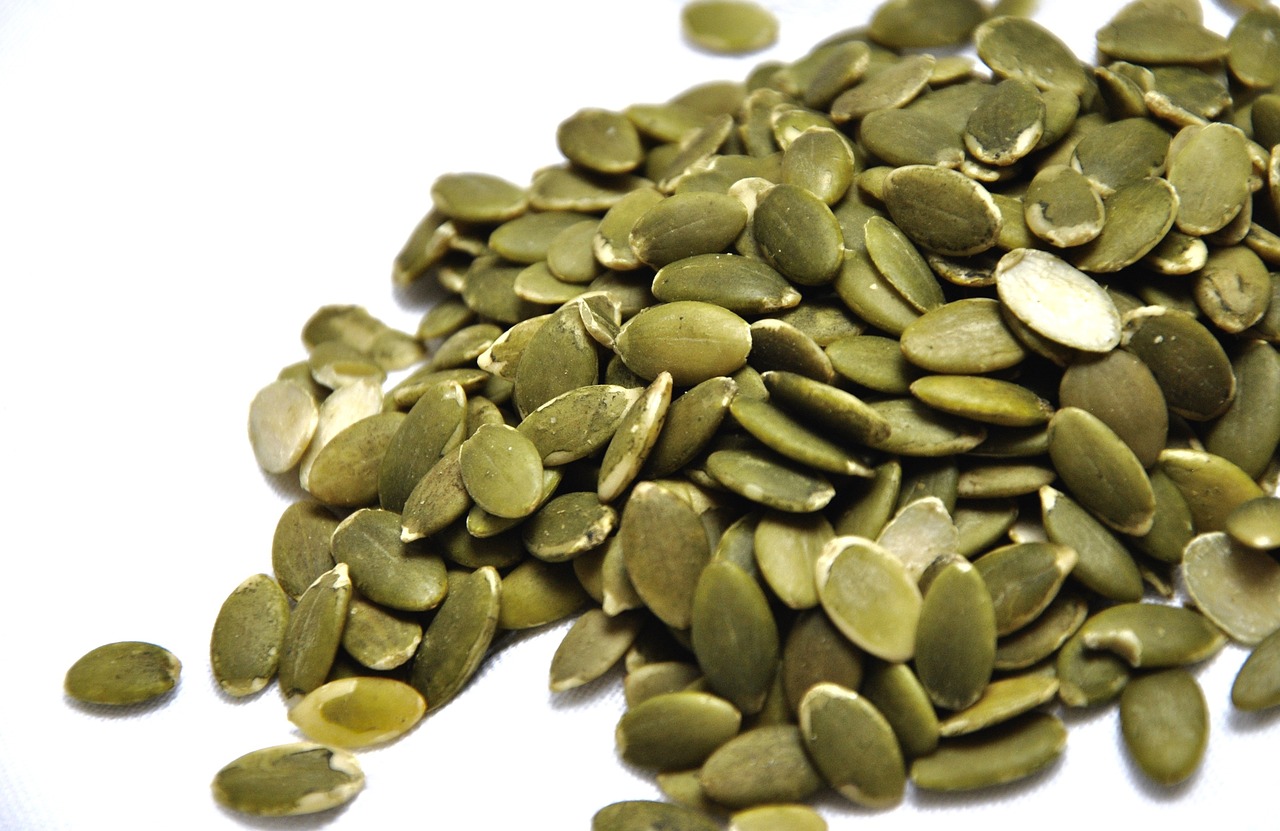 Image by Siobhan Dolezal from Pixabay
Image by Siobhan Dolezal from Pixabay
20. Apples
Apples are a popular fruit with many health benefits, mainly due to their high fiber and vitamin C content. "An apple a day," they say, and that's because they can help control insulin levels by releasing sugar slowly into the bloodstream. They're the perfect on-the-go snack and can be added to a variety of dishes.


